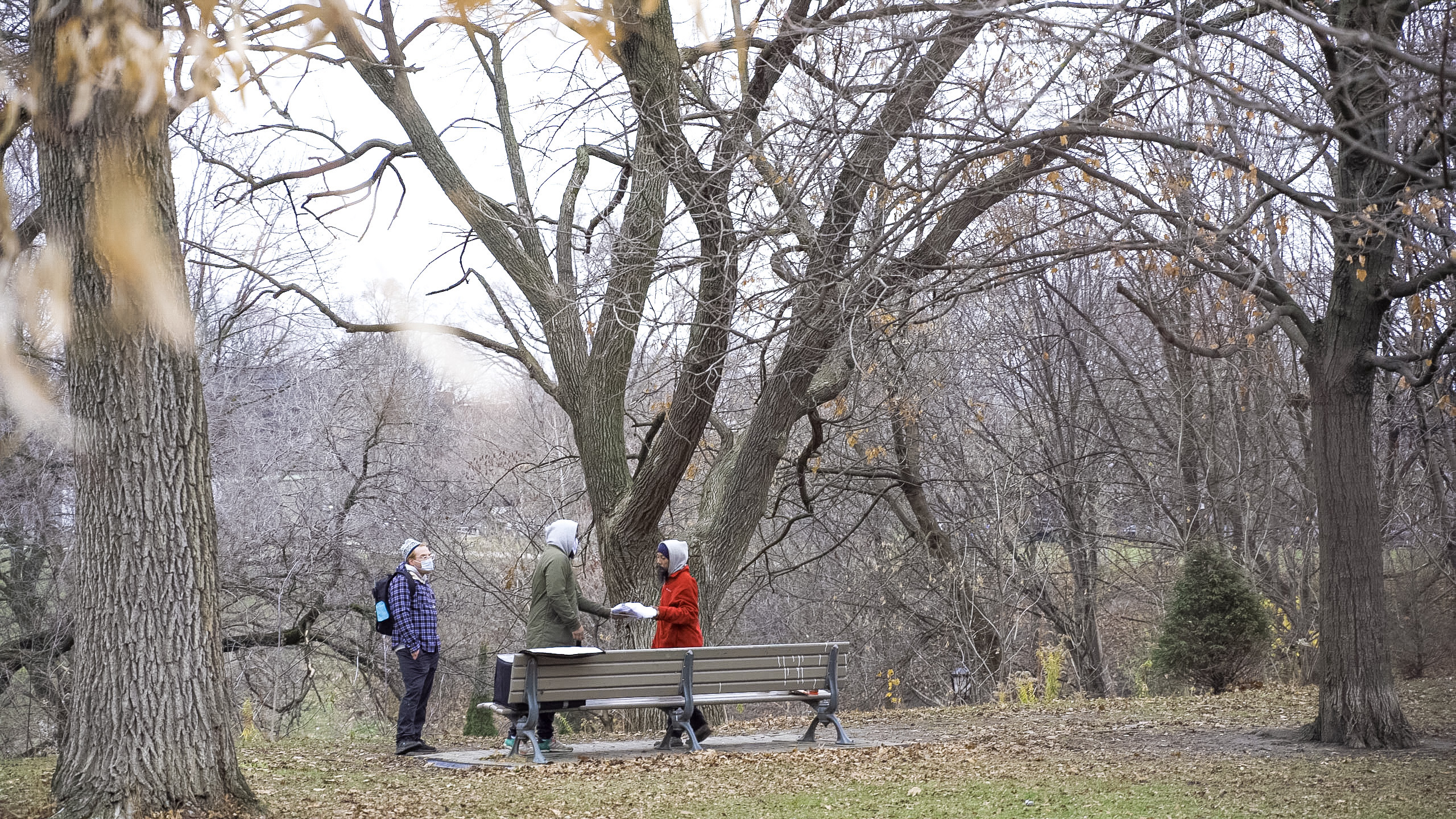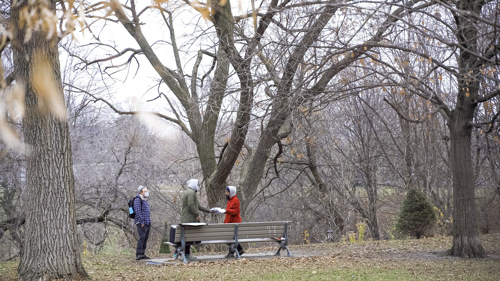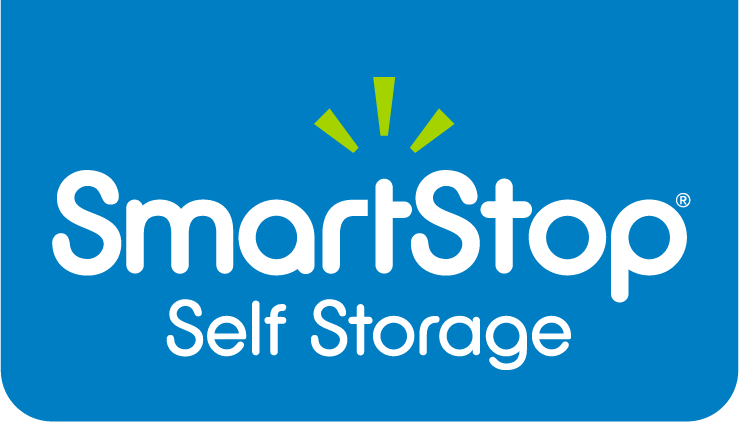When Wesley Altuna lost his advertising job due to the coronavirus pandemic, he had no idea what his future held. Spontaneously, he launched Bawang, his delivery restaurant that specializes in authentic Filipino cuisine. In the months since then, Bawang has surged in growth and become a well-known name of the Toronto food scene, with news coverage and even a spotlight by Eater that went viral. In late November, SmartStop partnered with Wesley to deliver some of his freshly cooked food to the local homeless population in Toronto. Here, we discuss his journey from advertising to cooking, why community is important to him and his favorite moments from our event.
- Let’s start at the beginning...can you tell us a bit about your journey from advertising to Bawang, your delivery restaurant?
- How has the local community responded to Bawang?
- What keeps you motivated?
- Community — and access to food — are important to you. Can you tell us about the work you did in November to provide meals for those in need?
- What were the most touching or memorable experiences delivering your food to the homeless population?
- What can we learn from giving back to our community?
1. Let’s start at the beginning...can you tell us a bit about your journey from advertising to Bawang, your delivery restaurant?
Before the pandemic hit, I was chasing my career as a project manager. In the mid-2000s, agencies were still figuring out how to justify the need for project managers and how their responsibilities would be different from those of account managers. It was a new space, and I loved it — there was a sense of discovery and growth. But at the end of the day it was still work, you know?
When I was laid off earlier this year because of the pandemic, everything changed. I’m a social guy — I love going out and being with my friends. All of a sudden, I felt like I was in this bubble. I felt depressed, and uncertain about what I was going to do. So I started cooking as a way to bring back some of that normalcy. I wanted to translate my anxieties into something else. You know, food is a crazy vehicle. It’s like music. Food and music are these universal experiences. It doesn’t matter what language you speak or what culture you’re from — so much can be communicated through them. I started from a place of fear and uncertainty and turned all of that into love. I kept cooking, and now — well, now I’m here.
2. How has the local community responded to Bawang?
I had an order come in recently — actually, it was the second one this week — where someone in the Philippines ordered Bawang for their partner in Toronto. To me, that’s wild.
The majority of the people I deliver to have never had Filipino food until now. It’s a very humbling experience, to be able to come in and share a piece of my culture through food and see how well people have responded.
3. What keeps you motivated?
Doing this day in and day out requires so much work and patience. But when I weigh everything against the sacrifices I’ve made, the satisfaction is more than worth it. And at the end of the day, you have to love what you do, of course — that’s automatic. I get to be completely myself. I’m not in a setting where I feel the pressure to perform.


4. Community — and access to food — are important to you. Can you tell us about the work you did in November to provide meals for those in need?
It started off by accident. I had just dropped my son off at school and decided to grab coffee. The coffee shop was across the street from this park that I was familiar with — I’ve lived in Toronto for thirty-one years now, and that was a park where I used to work out. I’d seen the tents there for months, but until that point they had been background noise.
That morning, I decided to walk over. I saw someone standing at the edge of the park, and we started talking. He told me that his name is Matthew. We built really great rapport, and he ended up giving me a tour of the park. He showed me how all the tents were arranged into communities — each pod, or section, has its own vibe.
I got to meet some incredible people that day. Monica, for instance, who was in her fifties. Due to COVID, she and her dog were forced out of her home. She spent some time at the local shelter, but it wasn’t safe, so ended up at the park. Monica introduced me to another woman in her late fifties, who was sharing a tent with her daughter. What was crazy to me was that these people seemed so normal, just like me or anyone I knew — except they were living in a tent in minus-four-degree weather. I asked them what their biggest challenges were, and they said that they didn’t have warm food to eat. They were living off non-perishable goods and occasionally leftovers from people who were passing by the park. That really struck a chord with me, so I asked Matthew if I could stop by again and drop off food. He said, “Yeah, I haven’t had home cooking in months.” That’s around the time SmartStop contacted me and we started planning out this project. We found out that our goals here were aligned — to make a positive impact on the community and to raise awareness of what was happening.
5. What were the most touching or memorable experiences delivering your food to the homeless population?
When we were setting up for the event, it was important for me to tell Matthew why we were filming. I explained that we were documenting the experience to raise awareness of what was going on, not to film a show. The last thing we wanted to be was invasive. When I explained that to him, he was really keen on what we were trying to do.
Helping communities in need is an extension of how Bawang started in the first place. After I lost my job, I started cooking and dropping off food to my friends as a way to cope. Now that Bawang has taken off, it’s important to me to be able to give back.
6. What can we learn from giving back to our community?
My friend Joel was the catalyst behind Bawang. He was one of the friends I shared my cooking with, right after I got laid off from my job. He asked me if I was going to do anything bigger with my cooking, and at the time I said that I was just trying to kill time. But when I went home that night, I decided to post a menu on social media asking if anyone would be interested in my food. I got three, maybe four orders. The rest is history. One thing Joel always said was: “Don’t be afraid to extend yourself and offer your gift to those who are in need.” There’s a reason you’re good at something. If you have your gifts in a way where you can give it to someone else, it’s going to come back full circle. If you have it, you should give it.
With thousands of jobs impacted by the coronavirus pandemic and a surge of evictions, the homeless community is in need more than ever. We’re proud to have partnered with Wesley to provide meals for the individuals in Toronto. Remember — a little bit of time and help can go a long way. If you’re interested in helping the homeless in your city, be sure to check with local shelters and soup kitchens to see what their priorities and needs are, and whether you can volunteer some of your time. If you want to prepare your own care packages to deliver, check out our guide on the best items to include.









